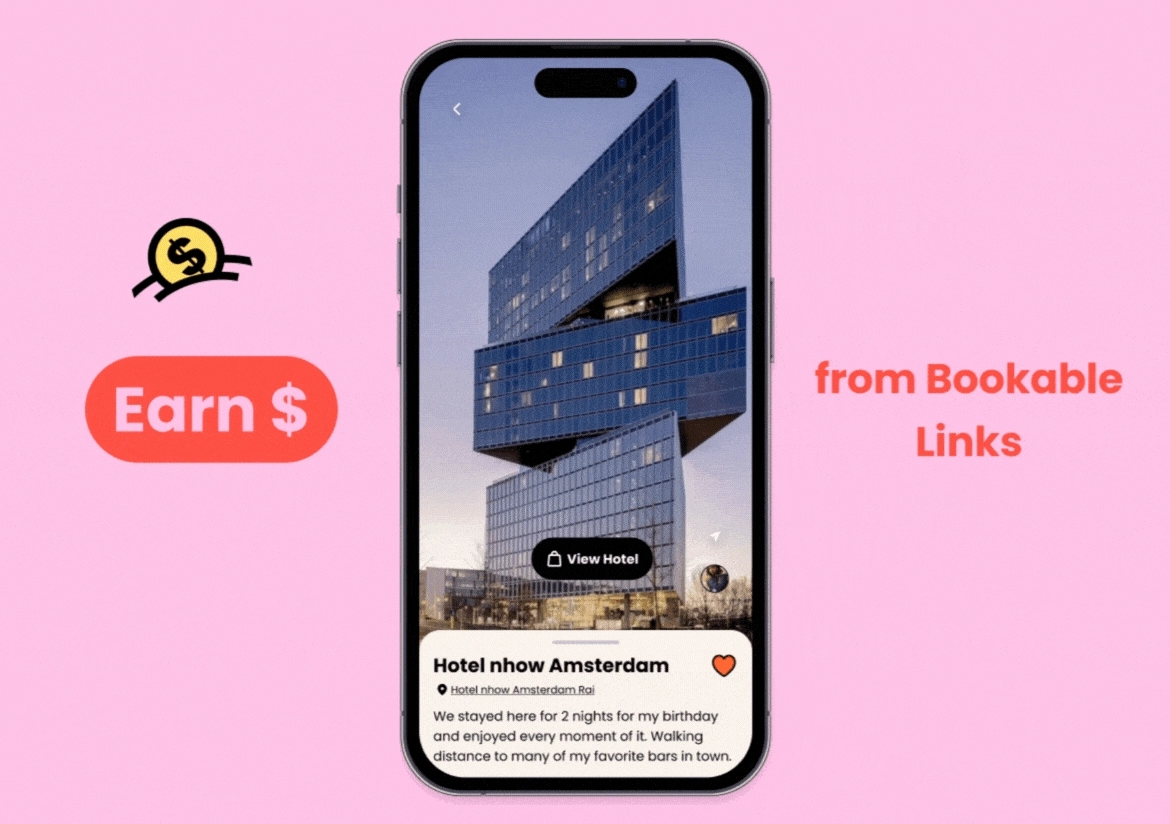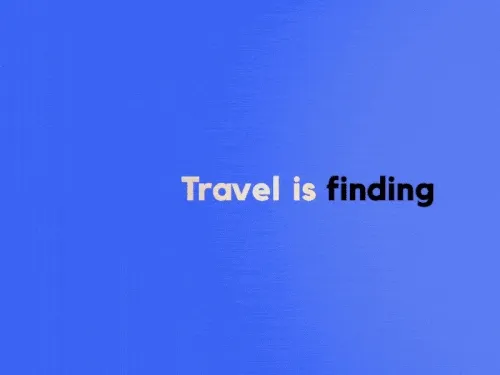Travis is a collaborative and visual travel planning app, for both individuals and travel content creators.
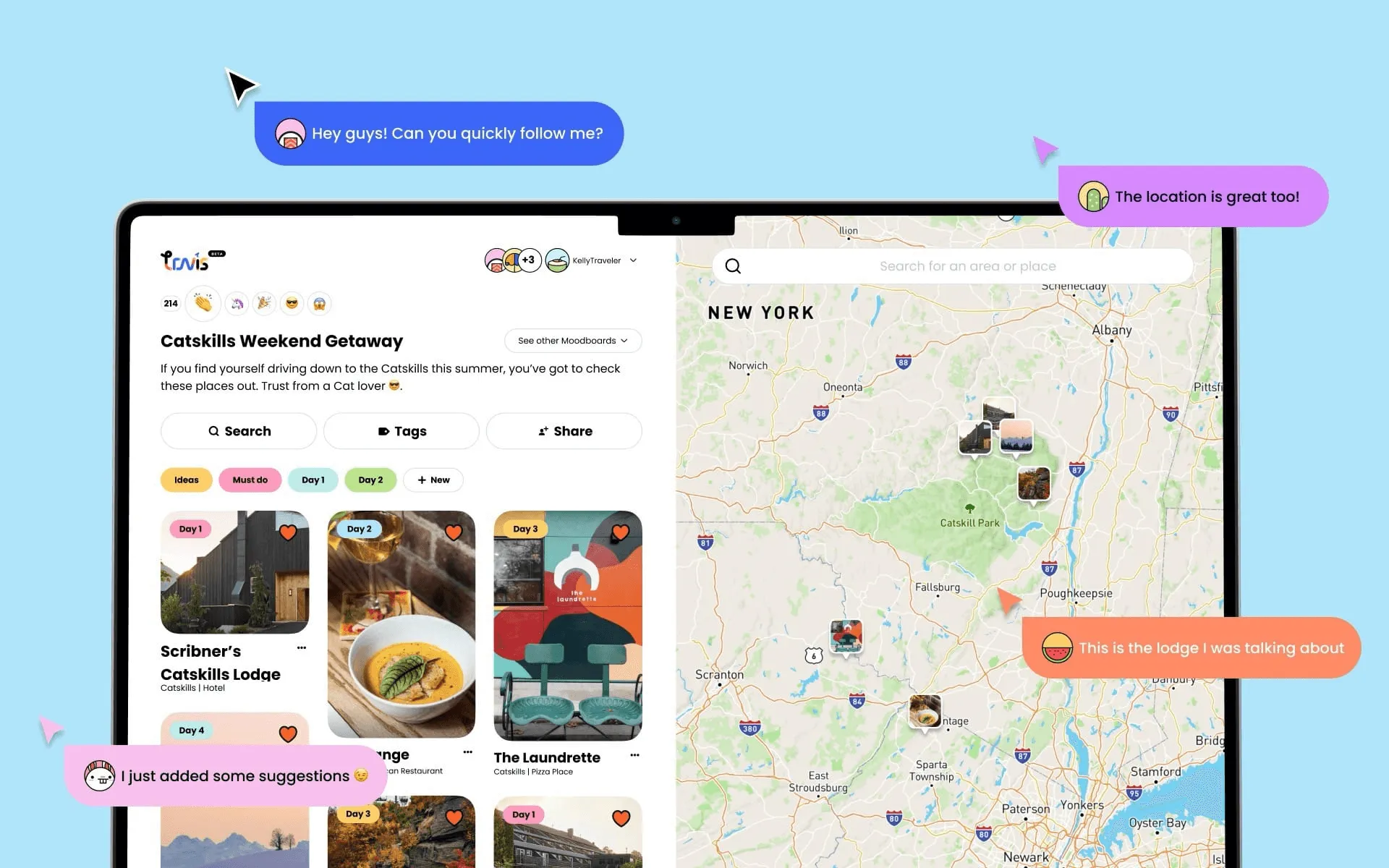
Travellers across the world can find places people love, organise flexibly, collaborate with friends, and chat in real-time.
Travis also enables Travel Creators to earn from travel recommendations by monetising their content with bookable hotels.




My role
I joined Travis early as their Chief Technology Officer.
As the first employee, I led all things technology, from architecture and engineering to the first product build. My role was to bridge creative product thinking with hands-on execution, taking the concept from idea to scalable product.
My responsibilities included driving the technology strategy and roadmap and end-to-end development, leading and managing a fully remote and async engineering team, and architecting a platform ready to scale to millions of travellers worldwide.
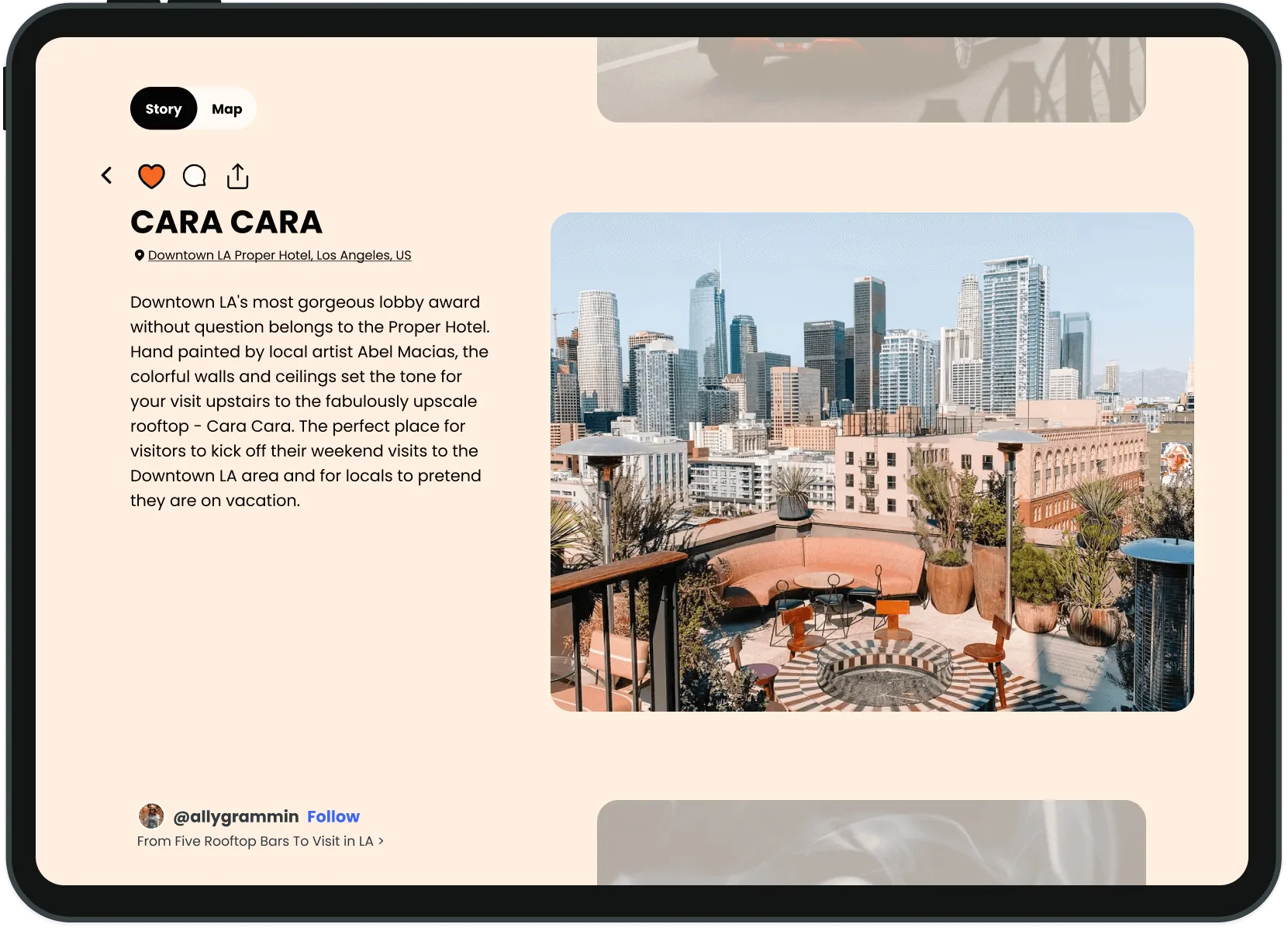
Key results
- Designed, built, and launched a beta in less than 6 months — while being the sole technical person and acting developer during this initial phase.
- Raised pre-seed funding twice, all in the middle of the COVID pandemic.
- Grew the platform from 0 to more than 8,000 travellers and creators, working with extremely limited resources.
- Managed a small but mighty team in a fully remote async setup, working across multiple time zones.
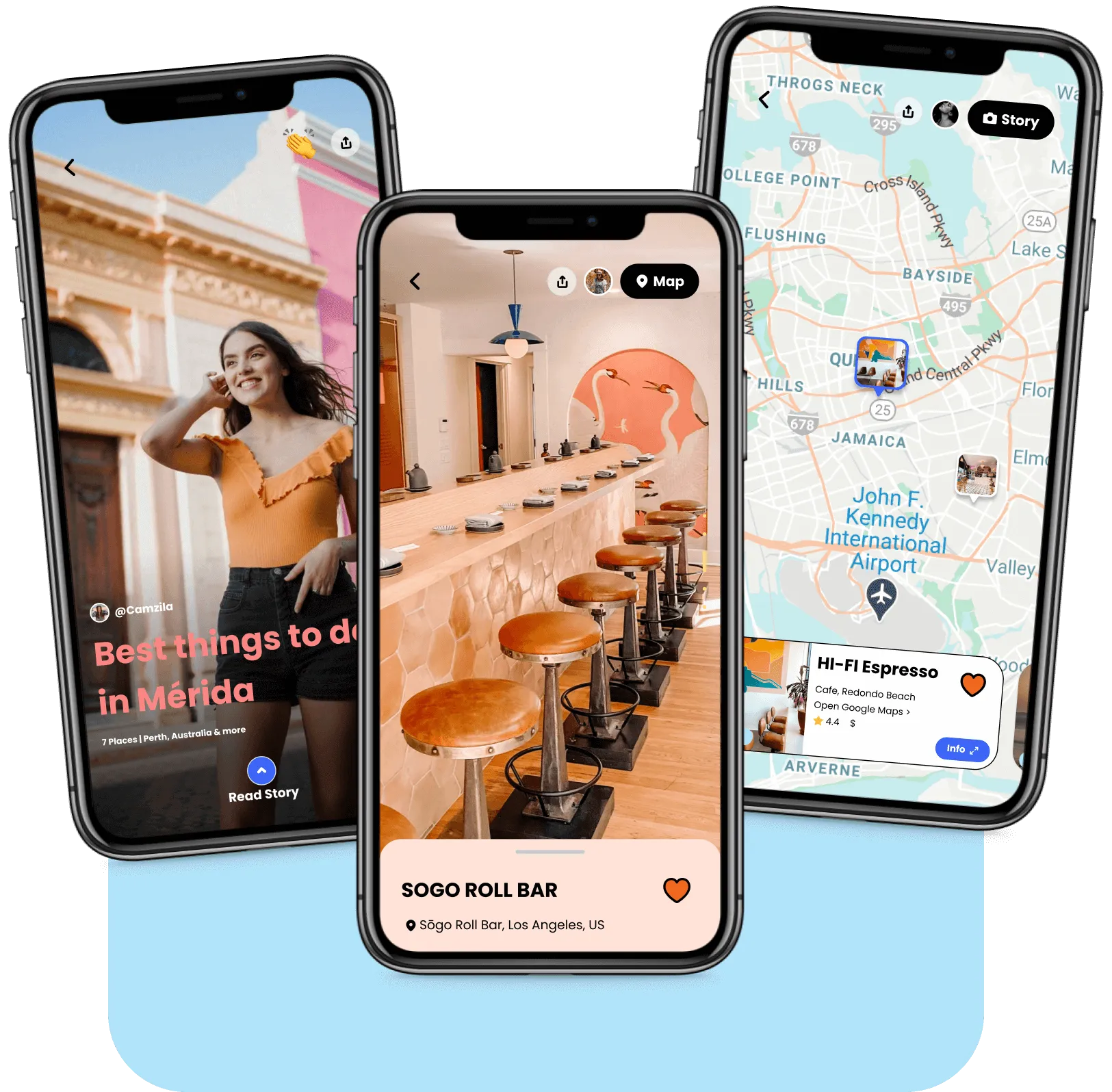
Technology
- Travis web application is built as a Progressive Web App using Nuxt3 and Vue. Tailwind CSS handles styling, TypeScript powers business logic, GSAP and Lottie drive animations, SSR supports SEO, Mapbox provides interactive maps, and Vue composables organise code by logical concerns.
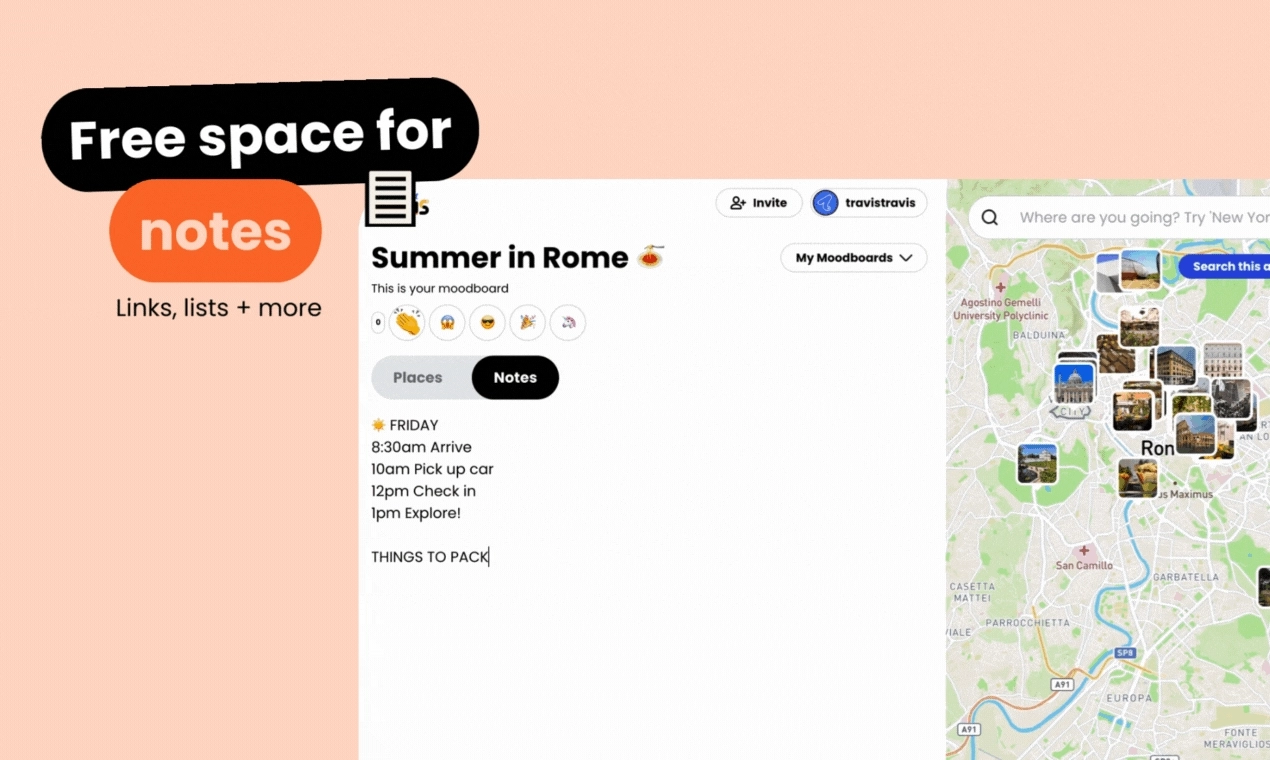
-
The infrastructure is 100% serverless and deployed on Amazon AWS using infrastructure-as-code with the AWS CDK. Core services include a secure cross-channel GraphQL API, a Vitess-backed MySQL database ready for scale, and a data access layer using Prisma ORM.
-
The Places data (points of interest, hotels, etc.) is critical to core elements like real-time search, map-based exploration, user-generated travel content, and creators’ monetisation. It’s also the most technically challenging part of the architecture. The solution is a bespoke multi-layered engine built around third-party APIs, including Foursquare Places, Google Places, HERE, and Expedia. It handles normalisation and de‑duplication across providers, aggressive caching, and rate‑limit orchestration to deliver fast, reliable search.
